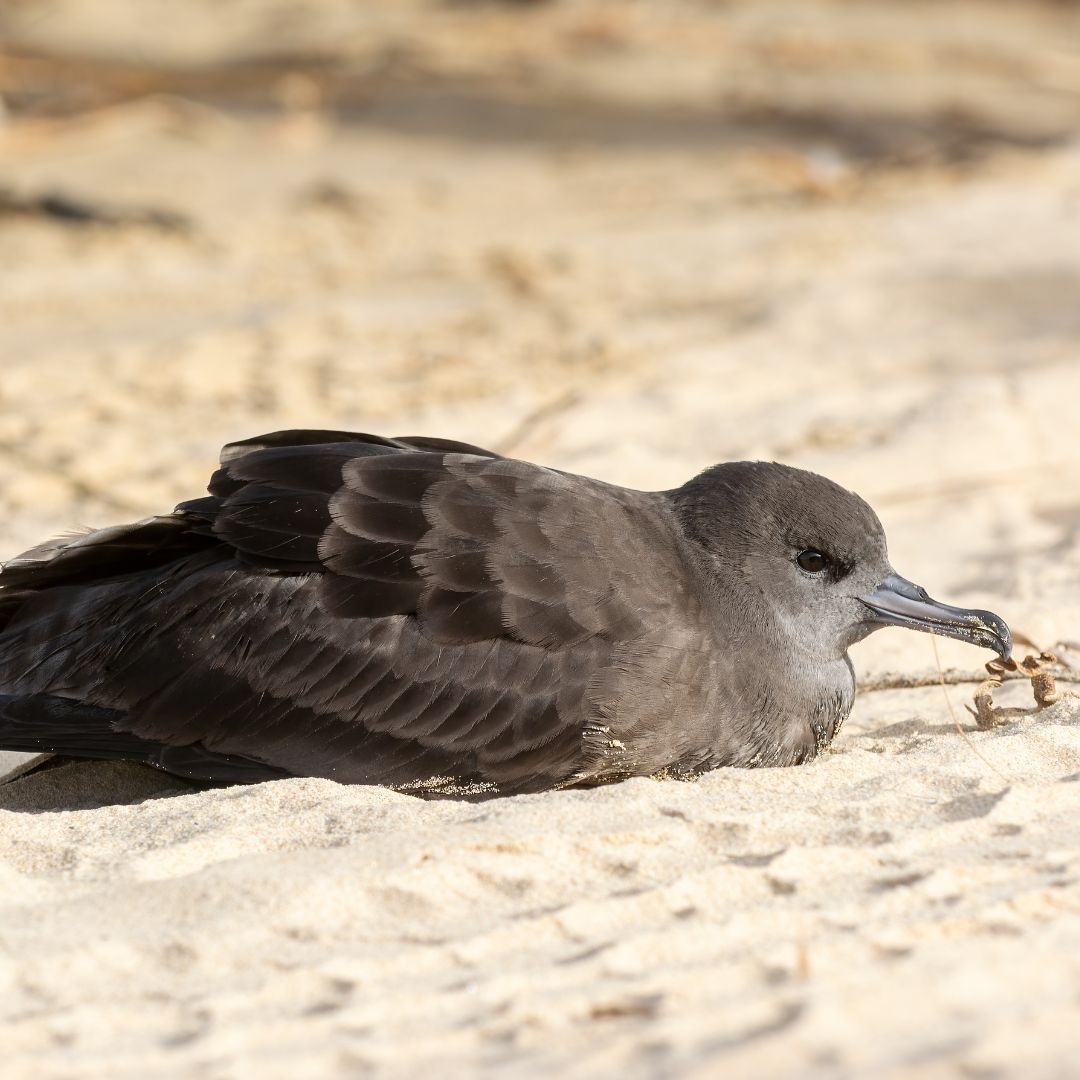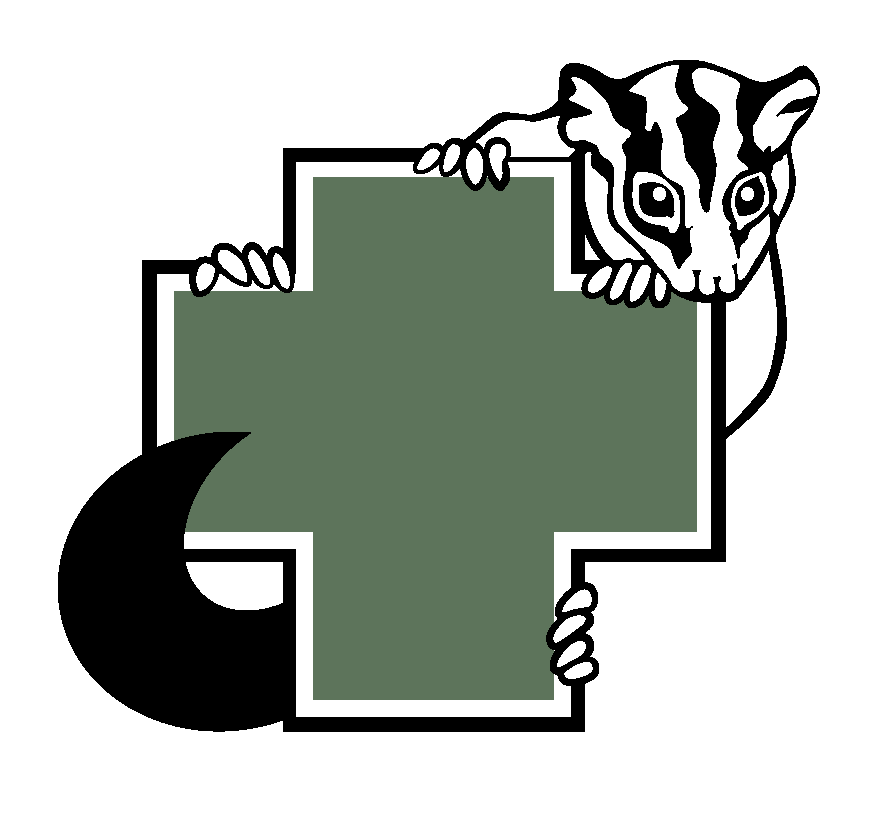Important To Know About This Coming Shearwater Season (Nov – Jan)
22 November 2025

The shearwaters will be returning to our coastline from November to January. As many of you know, this annual migration often results in large numbers of exhausted and emaciated birds washing up on our beaches.
This year, we also need to be mindful of the low but possible risk of H5N1 avian influenza affecting arriving birds.
Please find the following FAQs that will hopefully help guide you through the season. Please reach out to the Bird Coordinators on WhatsApp with any other questions.
Why aren’t we rehabilitating shearwaters this season?
Exhausted shearwaters have extremely low survival rates. Most birds arrive emaciated after their migration and do not recover despite intervention. Adding the small risk of H5N1, attempted rehabilitation now carries unnecessary risk.
What if I see someone posting about a dead birds on the beach on social media?
Advise them:
These are shearwaters that travel thousands of miles this time every year, some even travelling as far as Alaska.
Exhausted shearwaters have extremely low survival rates. Most birds arrive emaciated after their migration and do not recover despite intervention. Adding the small risk of H5N1, attempted rehabilitation now carries unnecessary risk.
Please report it to the Emergency Animal Disease Hotline on 1800 675 888. For safety reasons, do not handle or move the bird.
Can members choose to rescue anyway?
We strongly discourage this due to biosecurity risk. If you choose to proceed, you must:
- Wear full PPE (face shield, overalls, booties, nitrile gloves)
- Quarantine from all wildlife and pets
- Follow DPI biosecurity guidance
- Accept responsibility for risk of exposure
Should we collect dead birds?
No. Members should not collect bodies this season.
Record and report only.
What if a vet calls asking for a wildlife carer?
We are sending out a fact sheet to all vets, however not all staff at the clinic may see it. Explain that we are not rehabilitating shearwaters this season and direct them to the vet fact sheet.
If the bird is suspected of having H5N1, they must call 1800 675 888.
What if the bird looks healthy?
If it is a shearwater arriving in Nov–Jan, it is still considered compromised and should not be handled.
What happens in March–May?
This is the fledgling period. These birds have:
- Higher rehabilitation success
- Low risk of avian flu
We will provide updated instructions closer to that season.
What should I tell people who are upset?
Acknowledge their concern. Explain:
- Exhausted birds rarely survive
- Handling increases risk to people, pets, and other wildlife
- Reporting helps Biosecurity NSW monitor disease
- Our priority is community safety and prevention
